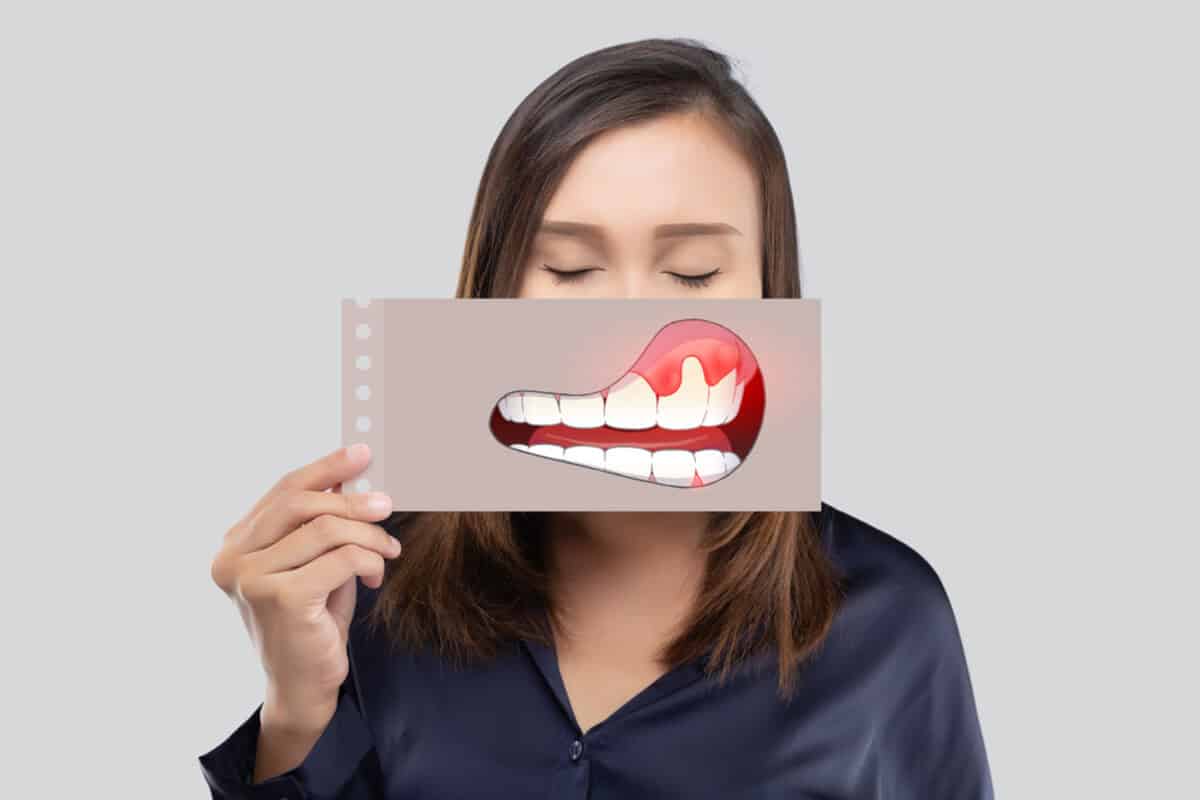While tooth pain can be concerning there are situations where discomfort does not necessarily indicate a cavity. In some cases, people experience sensitivity rather than actual pain. Knowledge of the distinction will guide you correctly to alleviate pain and observe oral health. What does a cavity feel like when it first begins? A person learns this answer here. We will discuss it further alongside information about when you should visit the best family dentist near you. Let’s break it down.
Understanding Tooth Sensitivity
Tooth sensitivity is a frequent problem that leads to painful or painful stinging when you eat or drink hot, cold, sweet, or acidic substances. This occurs in cases where the protective coating on the enamel of your teeth has worn off, leaving the dentin layer visible. The dentin layer is filled with small canals that are connected to the nerve, which causes the teeth to become more sensitive to temperature.
Causes of Tooth Sensitivity
- Brushing too hard or using a hard-bristled toothbrush
- Consuming acidic foods and beverages
- Gum recession exposes the tooth roots
- Teeth grinding (bruxism)
- Using whitening products too frequently
- Dental procedures like fillings or crowns
How to Stop Sensitive Teeth Pain Immediately
If you’re experiencing sudden sensitivity, here are a few ways to get quick relief:
- Use a toothpaste designed for sensitive teeth
- Avoid extremely hot or cold foods
- Try a fluoride rinse to strengthen the enamel
- Switch to a soft-bristled toothbrush
- Avoid acidic foods like citrus and soda
However, if your sensitivity persists, it’s best to see a dentist to rule out more serious dental problems.
What Does a Cavity Feel Like When It First Starts?
A cavity is a hole in your tooth caused by decay. In its early stages, it might not cause pain, but there are signs to watch for:
- A mild ache in a specific tooth
- Sensitivity when eating sweets
- A rough or discolored spot on the tooth
- A dull, lingering pain after eating or drinking something hot or cold
As the decay progresses, the pain can become more severe, leading to sharp or throbbing discomfort. If left untreated, cavities can reach the inner pulp of the tooth, causing infections and the need for a root canal.
The Difference Between Tooth Pain and Sensitivity
Tooth sensitivity and cavities can both cause discomfort, but they have key differences:
- Pain Triggers: Sensitivity is usually triggered by hot, cold, sweet, or acidic foods, whereas cavity pain is often caused by sugary foods, pressure, or spontaneous pain.
- Pain Duration: Sensitivity pain lasts only a few seconds, while cavity pain can be constant or throbbing.
- Pain Location: Sensitivity affects multiple teeth or areas, while cavity pain is usually in one specific tooth.
- Appearance: Sensitive teeth may look normal, whereas cavities can cause dark spots, holes, or rough areas.
If you’re unsure whether you have a cavity or just sensitivity, a dentist near you can diagnose the issue and recommend the right treatment.
When to See a Family Dentist
It’s always best to address dental pain early to prevent complications. You should visit a dentist if:
- You have persistent tooth sensitivity that doesn’t improve
- You notice dark spots or holes in your teeth
- You experience spontaneous or throbbing pain
- You have trouble chewing due to discomfort
- Your gums are swollen or bleeding
Expert Dental Care at Royal Vista Dental
If you’re dealing with tooth pain and need expert advice, visiting a trusted dentist is the best solution. At Royal Vista Dental, we deliver top-level treatment to families residing in NW Calgary. Our team can assist you with personal treatment plans as well as preventative measures no matter what sensitivity or cavity issues you face.
Choose Royal Vista Dental with an experienced dentist in NW Calgary for your dental needs when you want to prevent pain and maintain your healthy smile. Contact us today to book your appointment and take the first step toward a pain-free smile!
